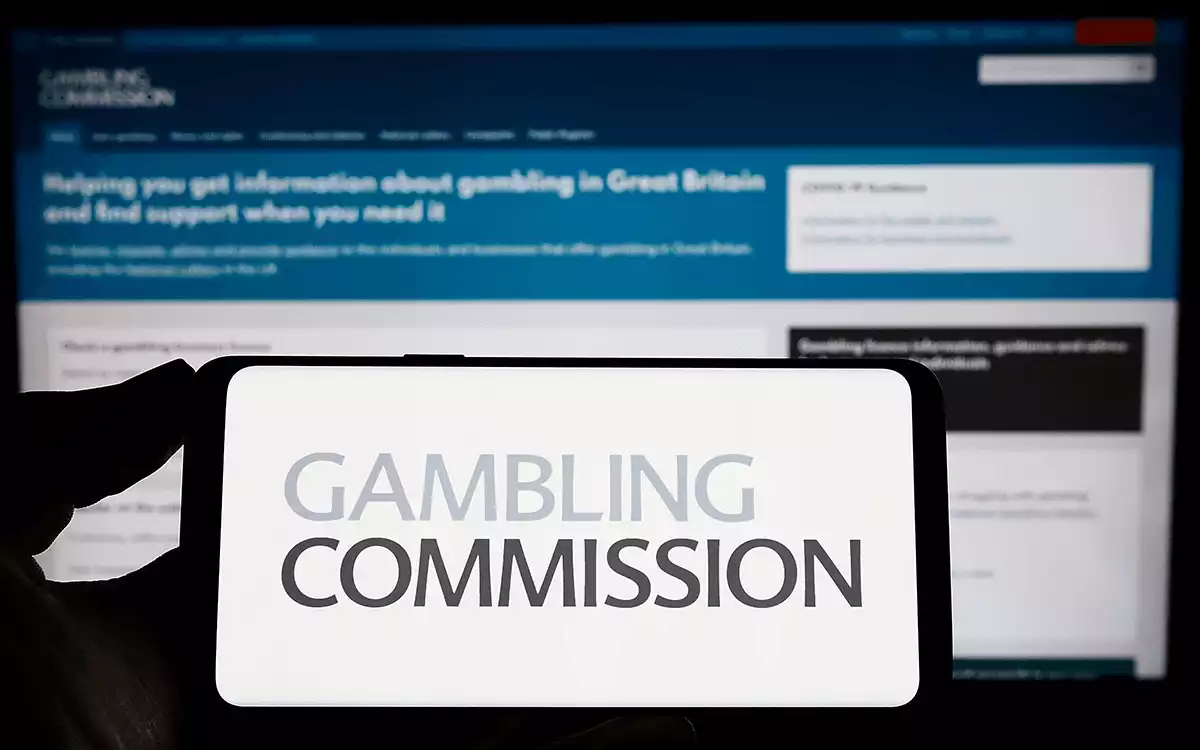Limited Estimation Techniques
The UK Gambling Commission (UKGC) has stated it remains uncertain about how much money British players are spending with illegal online gambling operators. The organisation cites limitations in current measurement methods.
In the fourth and final chapter of its research into illegal online gambling, the regulator examined the challenges of estimating the market’s size and outlined recommendations for further work.
The report reviewed three approaches, including the dwell time method, which estimates expenditure based on the time spent by users on illegal sites. It also looks at the channelisation approach, which compares engagement across legal and illegal channels. The third approach is survey-based research, which relies on players’ self-reported spending.
The UKGC only pursued dwell time and channelisation approaches, as they say survey data is unreliable. The report stated that consumers’ recall of previous spending in surveys is generally poor. However, the UKGC also said that neither approach currently provides sufficient data to allow robust estimates of the illegal market and more research is required.
Sports Betting Problems
Preliminary findings from the dwell time approach examined 117 players using illegal websites. Sports betting was the most popular activity with 34% saying they place sports bets on illegal sites. Followed by bingo at 14%, with slots and instant win games coming in at 13% each.
The report also considered expenditure per minute in the legal market. It showed that casino games had the highest gross gambling yield (GGY) at £1.12 per minute, compared to £0.32 for slots. Updated data for online slots from 2020 to 2025 showed a relatively steady rate. The most recent rate was £0.24 per minute in March 2025. The UKGC cautioned that dwell time relies on assumptions that add uncertainty to expenditure estimates.
The channelisation approach also faces significant challenges. While it can compare legal and illegal engagement, the UKGC noted limitations in web traffic data and GGY estimations. SimilarWeb provides estimates of visits and duration to licensed sites, but illegal app activity is harder to track. Small variations in channelisation estimates can translate into large differences in GGY. For example, a 0.5% error in a channelisation rate could affect a £6.9 billion online GGY estimate by £34.5 million.
Ongoing Effort
The UKGC outlined steps they could take to improve these methodologies. For dwell time, this includes gathering data from consumers who have used illegal sites. The organisation can also update patterns of play with current data, and consider trends in VPN downloads and search activity for unlicensed sites. The channelisation method could be improved with further verification of web and app traffic as well as collaboration with licensed operators.
John Pierce, the UKGC’s director of enforcement and intelligence, highlighted the ongoing effort to curb illegal gambling in a recent blog post. He noted that the regulator is strengthening intelligence capabilities, developing relationships with technology and financial sectors, and investing in tools, skills, and research. He described illegal gambling as an adaptive and opportunistic threat that is embedded in digital ecosystems around the world.









